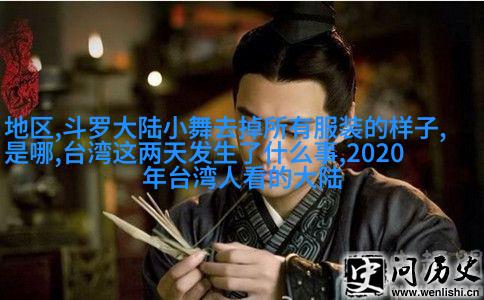木为官古代隐逸之谜
在中国古代的文化底蕴中,“木为官”这一词汇,虽然不太常见,但其含义却与“隐逸”、“自然观念”等相关概念紧密相连。它指的是那些选择远离尘世、隐居山林中的士人,他们的心志和生活方式都与社会上的权力斗争格格不入。在这篇文章中,我们将深入探讨“木为官”的背后哲学意义,以及它对中国传统文化的影响。

一、什么是“木为官”?
在字面上,“木为官”看起来是一个矛盾的表达,因为“木”通常代表着静态、坚韧,而“官”则代表着动态、权威。但在这里,“木”的用法并非直接比喻某位大臣,而是在寓言故事或诗歌中,象征着一种高尚的人生追求。

二、《史记·留侯世家》的典故
《史记·留侯世家》中的一个故事就是关于这种精神状态的一个经典例子。其中讲述了汉朝时期的留侯(即刘荣)如何以他的高洁品行和淡泊名利赢得人们尊敬。这段历史让我们可以更好地理解那种为了个人信念而宁愿放弃仕途的人物形象。

三、“自然观念”的体现
对于许多古代智者来说,天地万物之间存在一种共鸣,这种共鸣被称作自然观念。他们相信人类应该顺应自然规律,不必过于强求自己的意志去改变这个世界。“木为官”的思想正是这种哲学理念的一种体现,它提倡人们回归到自然本真,以此来达到心灵的平静和内心世界的丰富。

四、“避世而出”的生活方式
在中国封建社会,一些有识之士选择避开政治纷争,远离繁华都市,在乡间或山林中安度余生,这种生活方式便是所谓的避世而出。在这样的环境下,他们能够更加专注于自我修养,无论是读书学习还是练习武艺,都能更好地实现个人的价值追求。

五、“无欲则刚”,隐逸者的境界
李白曾经写道:“无欲则刚。”这是他对待事物的一种态度,也反映了他作为诗人的境界。当一个人没有私欲,没有野心,他就能保持清醒头脑,做出正确判断,这正如同树木坚韧不拔一样,即使风雨交加也不会轻易屈服。这便是一些“ 木为官”的人物所追求的情怀——一种超越功名利禄,对生命本质无条件认可和欣赏的心态。
总结
"Wood as an official" is a concept that has been deeply rooted in Chinese culture for centuries. It represents the idea of individuals who choose to live a simple life, away from the hustle and bustle of society, focusing on their personal growth and spiritual development. This article has explored the meaning behind this phrase, its connections to ancient stories and philosophies, and how it reflects the values of Chinese traditional culture. By understanding "wood as an official," we can gain insights into the wisdom of our ancestors and appreciate their unique perspective on life.
The story of Liu Rong from Han Dynasty's history book "Shiji: Shuhou Shijia" exemplifies this concept perfectly. He was known for his integrity and simplicity, which earned him respect from others. This example highlights how one can achieve success without seeking power or wealth.
Moreover, this ideology is closely related to "naturalism," a philosophical view that suggests humans should follow natural laws instead of forcing their will upon nature. The idea encourages people to return to their true selves by embracing nature's rhythms.
In feudal China, some intellectuals chose to avoid politics altogether by living in rural areas or forests called "avoiding worldly affairs." These individuals could focus on self-cultivation through learning or practicing martial arts.
Finally, poet Li Bai once said that when there are no desires (or ambitions), one becomes strong-willed like wood standing firm against windstorms – unyielding despite adversity – reflecting the mindset many wood-as-officials strive for: an unwavering acceptance and appreciation for life itself beyond material possessions or social status.
In conclusion, understanding what it means to be a “wood as an official,” we learn about those who rejected societal norms in favor of introspection & spiritual growth while contributing greatly towards shaping China's rich cultural heritage



